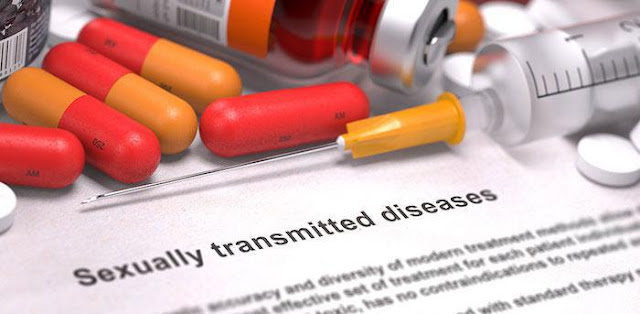STD testing NYC
We offer STD testing at a convenient location in the Bronx. STDs are very common. Some diseases have symptoms that warn of a possible infection, but some people are asymptomatic and do not know that they can transmit these infections. You can prevent or diagnose these diseases and prevent infection by visiting an STD testing clinic in New York and getting tested.
STD testing is done by our primary providers.
Gastroenterologists do not test for STIs. Follow this link to contact our primary
care team to arrange an STI test.
We offer to test for:
- Herpes
- HPV
(warts)
- Gonorrhea
- Chlamydia
- HIV/AIDS
It is important to know the symptoms that you
need to pay attention to when they appear.
Symptoms of STDs in Women
STD symptoms in women may include pain or
burning during urination, abnormal vaginal discharge, vaginal bleeding,
abdominal pain, spots, itching, blisters, fever, swollen glands, open sores,
and warts. Some sexually transmitted diseases, such as chlamydia and gonorrhea,
may or may not cause symptoms. If your sexual partner has been diagnosed with
an STD, it is important to get tested to prevent complications such as
infertility and certain types of cancer.
Symptoms of STDs in Men
Symptoms of STDs in men may include urethral
discharge, pain when urinating, inflammation of the testicles or prostate,
fever, or ulcers. Untreated STDs put you at risk for organ failure,
infertility, and other illnesses. If you have an STD, your sexual partners are
at risk of spreading the infection. So, the only way to protect them is to
abstain from sexual activity until diagnosis and treatment are complete.
Here is some information about specific
causes:
- Chlamydia: Chlamydia is a sexually transmitted disease that can
affect both the anus and genitals. Symptoms are often absent, but when
absent, include vaginal or penile discharge, pain during intercourse,
painful urination, or rectal bleeding (if the rectum is involved). The
test involves a simple swab, depending on the area affected, including the
meatus of the penis (the opening where urine comes out), the anus/rectum,
and the cervix. Fortunately, chlamydia can be treated with antibiotics.
- Gonorrhea: Gonorrhea is another sexually transmitted disease that
is usually asymptomatic. If symptoms are present, they are usually vaginal
or penile. There may be pain during intercourse, as well as painful
bleeding and urination. Gonorrhea, like chlamydia, can also be tested with
a simple cotton swab, depending on the affected area. You can treat it
with antibiotics.
- Syphilis: Syphilis is a sexually transmitted disease that can
manifest itself in many ways. There are different degrees of syphilis, and
both have a variety of symptoms, ranging from painless genital sores to
nocturnal lesions on the body, palms, and soles of the feet. If left
untreated, serious complications can occur. Therefore, proof of syphilis
infection is vital. The test involves taking a blood sample. In some
cases, examination of ulcer fluid can be diagnostic.
- Herpes: Herpes is sexually transmitted and some people are
asymptomatic. However, it can spread easily despite symptoms. Some develop
a painful pustule that can turn into an ulcer. An analysis for herpes is
carried out for the presence of blood and a swab is taken from the ulcer.
- HIV: HIV is a hepatitis B-like virus that can also be
transmitted through bodily fluids and blood and can be passed from a
mother to her newborn baby. Tests include a blood test. Although there are
now improved drugs to fight HIV, there is still no cure, so prevention is
the most important aspect of preventing infection.
For more information about the STD testingservices we offer or to schedule a consultation with some of our top-rated
doctors, please visit our website.




Comments
Post a Comment